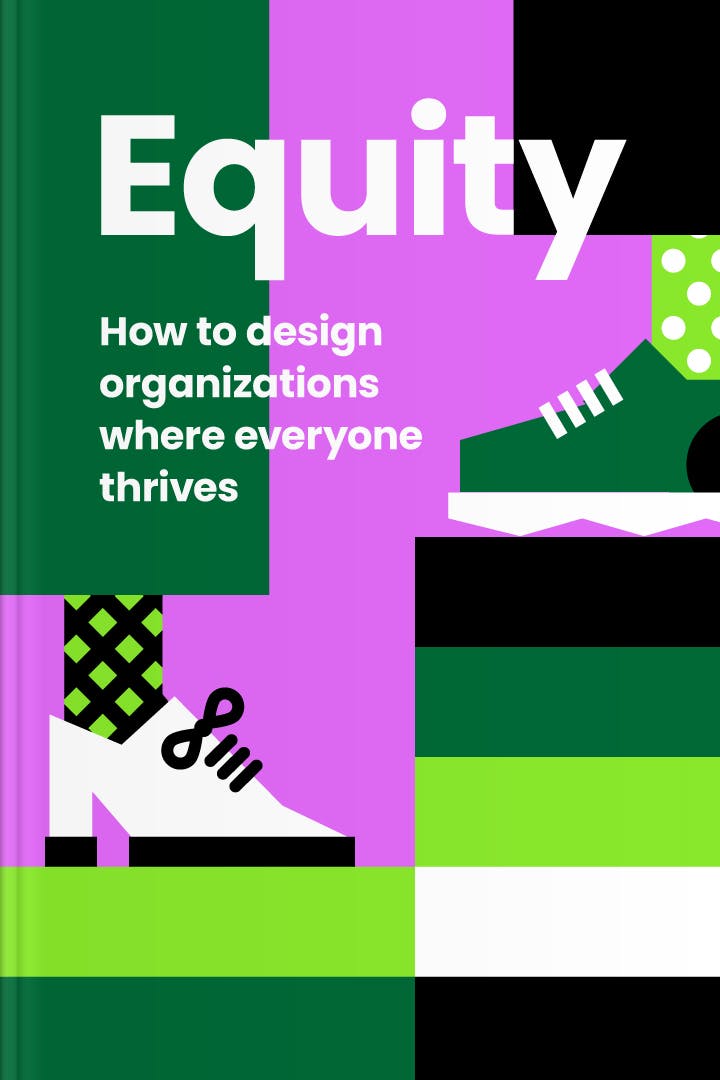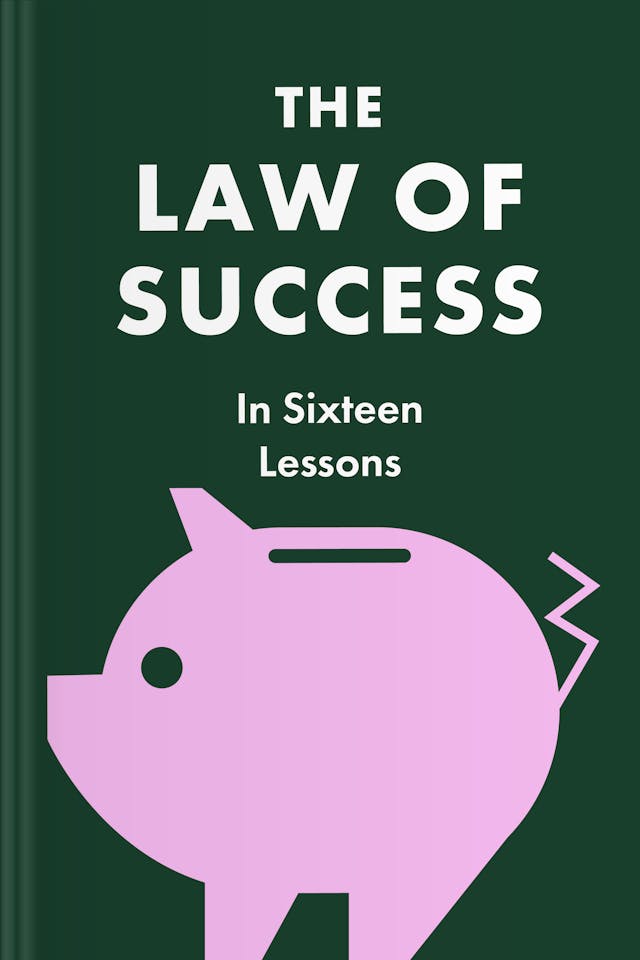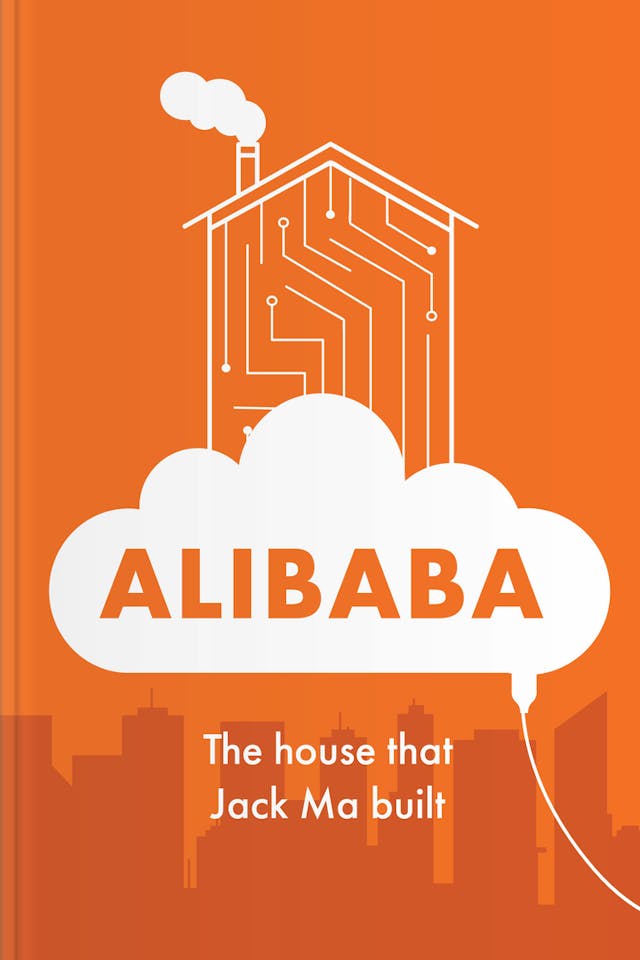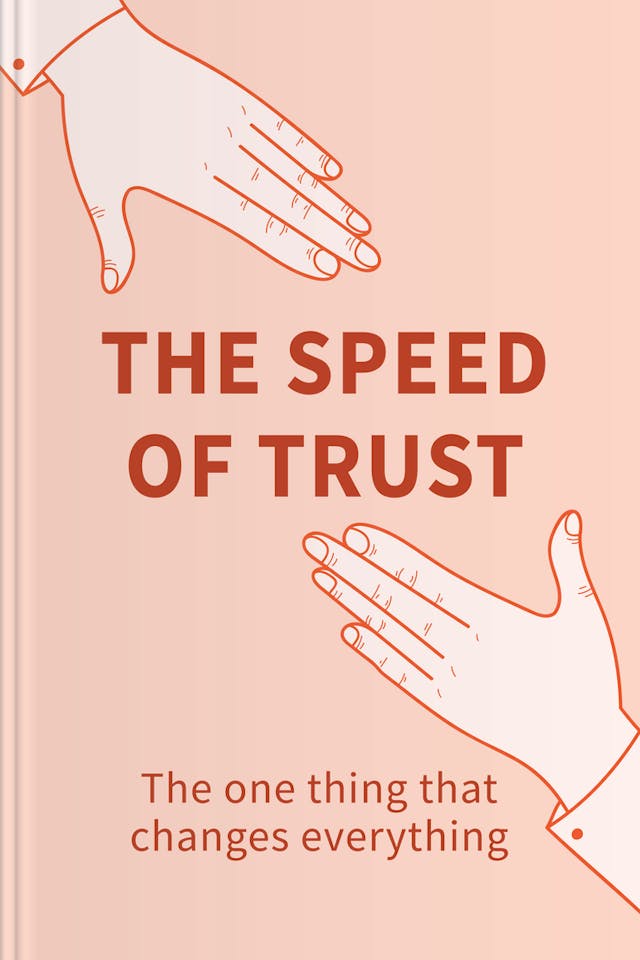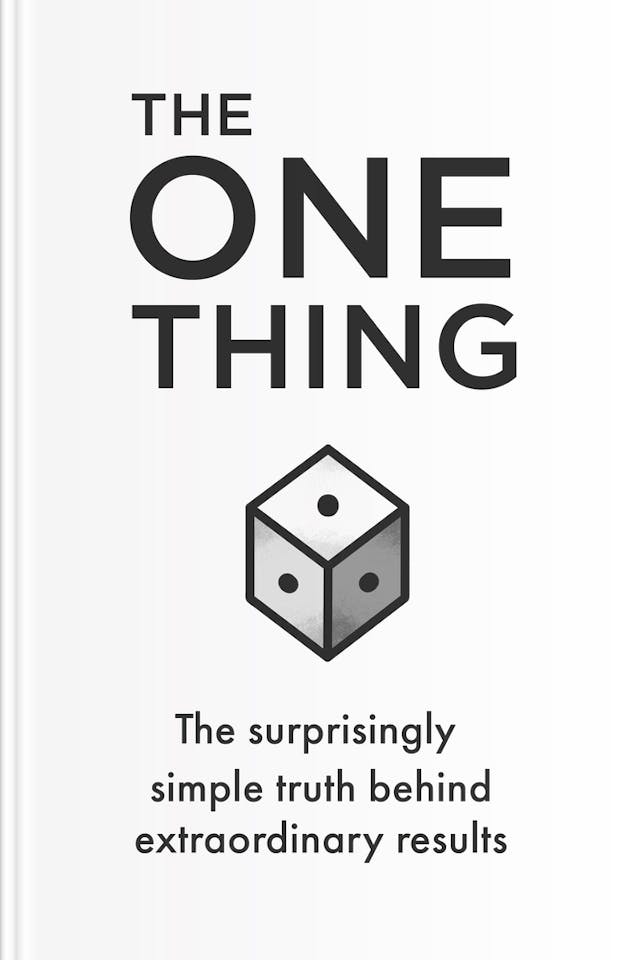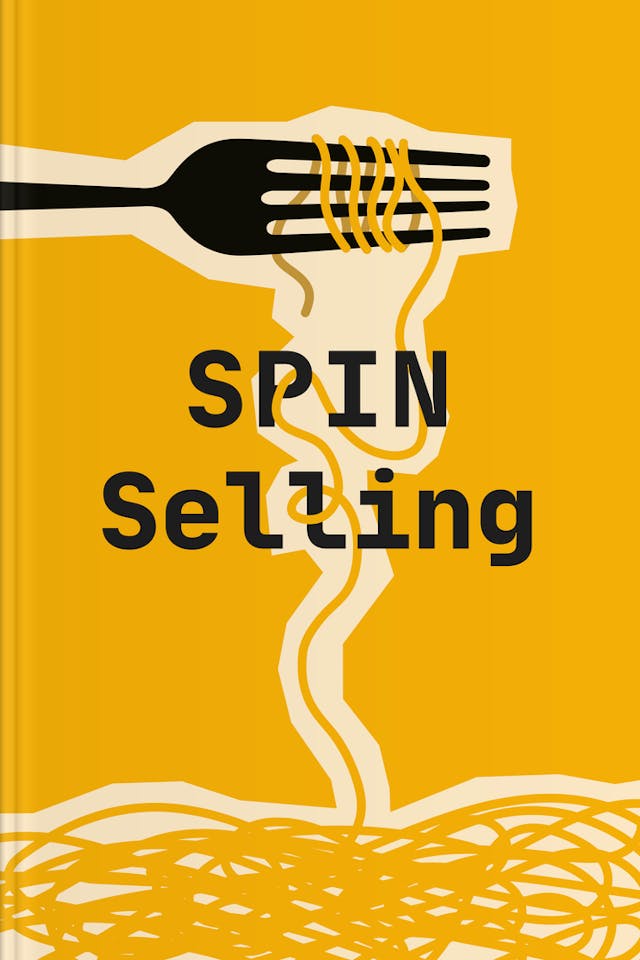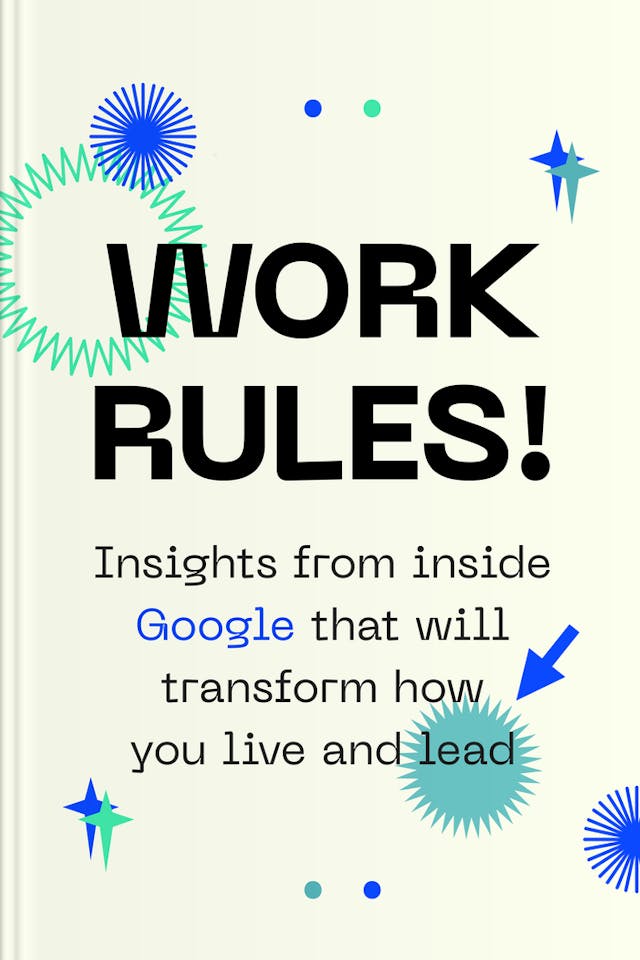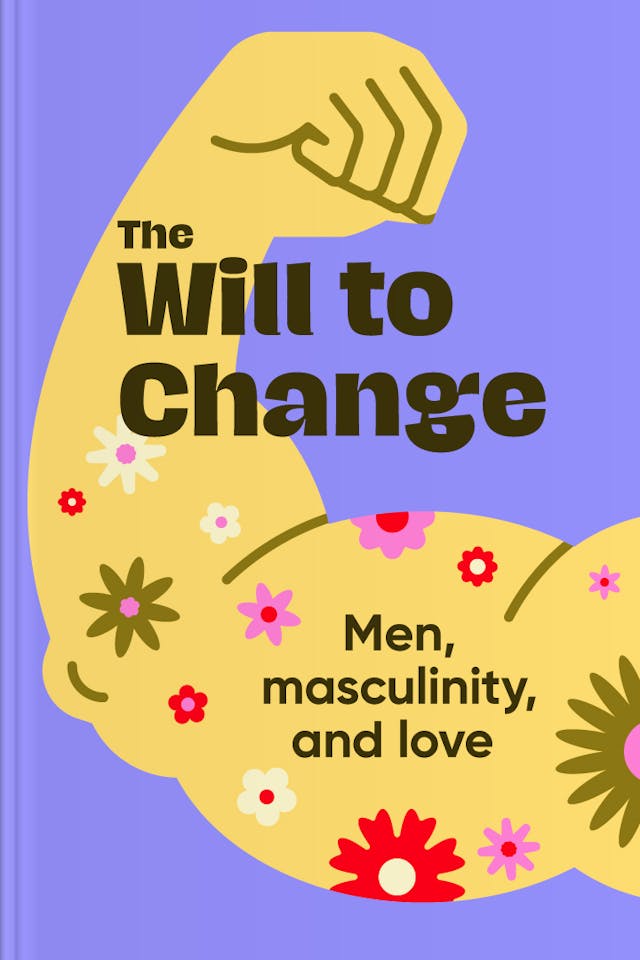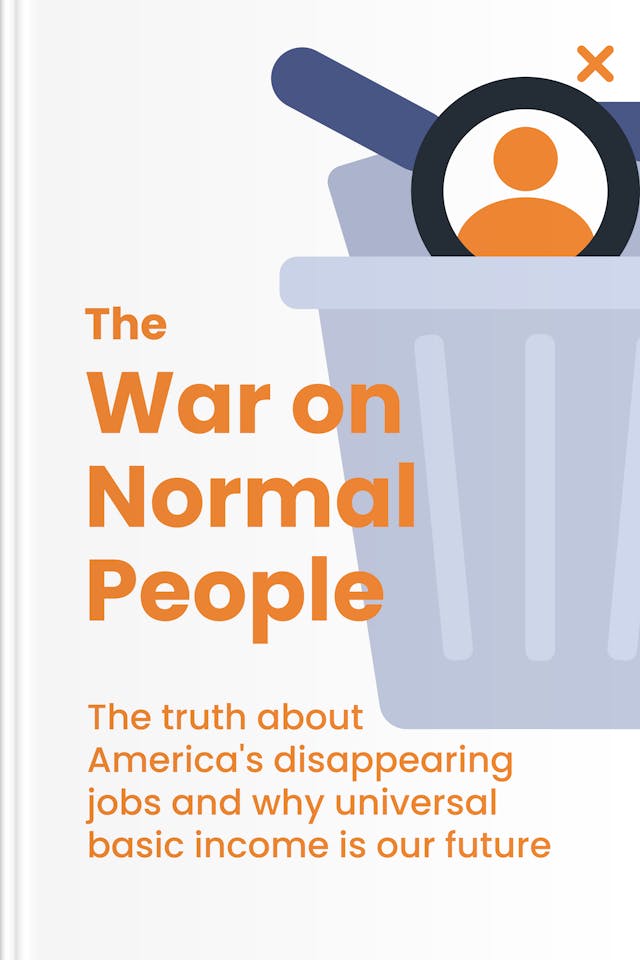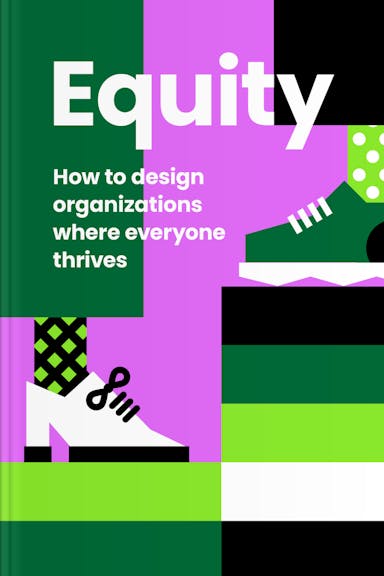
Short summary
Often, we fall into the trap of evaluating someone based on biases or information gleaned from the media. But equity drives us to see individuals for who they really are rather than what they seem to be.
This summary details how we may prevent all problems associated with bias, prejudices, and unfair judgments. It proposes we do this by using equitable principles to finetune our decisions and relate better with other people in our organizations and businesses.
Minal Bopaiah is an author, lecturer, and strategist dedicated to building a more just world. She has spent her career facilitating ideas in the service of greater social justice for everyone. Her books have positive reviews from readers and organizations like Midwest Book Review and Philanthropy News Digest.
“Equity does not fault people for being different; it makes room for difference and then leverages it.” ~ Minal Bopaiah
Key points
The world can be a better place when we show more compassion to others
Equality implies that everyone has the same resources or opportunities, while equity acknowledges that everyone's situation is unique and provides resources and opportunities accordingly.
Equity gives the capacity to grow and contribute fully to the lives of others. It embraces and makes use of diversity; it does not condemn it. When fair attitudes, procedures, and organizations are in place in any system, everyone has an equal opportunity for success. In other words, equity is the concept of everyone having a fair opportunity to do meaningful jobs, live honestly, and contribute positively to society, an organization, or their culture.
Equity is the most accurate expression of our shared human nature; it is a virtue that raises our true self above the mundane. In trying to create an equitable world, we can see the power of racial and systemic privileges and why some people are unwilling to be equal to others. By creating an equitable world, we build systems that function for everyone.
This tidbit is a quick and fun read that is helpful to leaders who want to make their workplaces more inclusive by using the outlined human-centered designs and behavior change guidelines.
Establishing equity helps us to make better decisions concerning what affects people and how to help them

